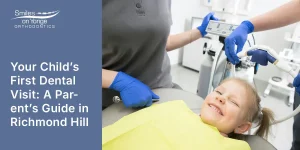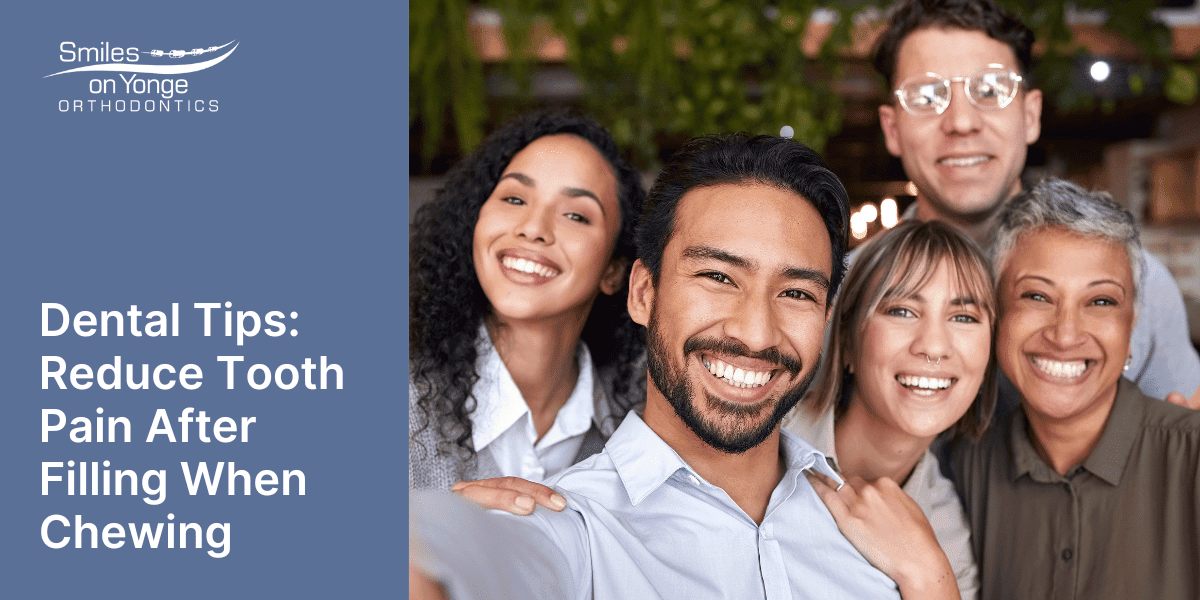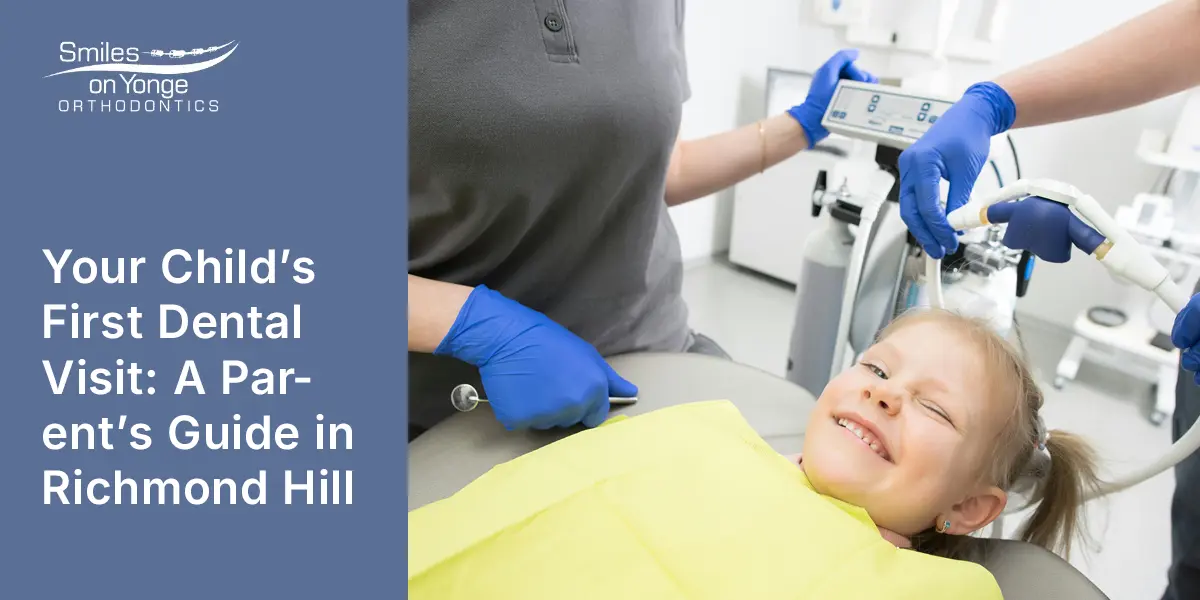
BLOG
Dental Tips: Reduce Tooth Pain After Filling When Chewing

What is dental filling?
As the name suggests, dental filling treatments help repair cavities and holes in teeth. When you chew, grind, or eat, your teeth come into contact with each other. During this process, some very minute parts of them chip off due to friction. These small gaps in your teeth’s outer surface can hold food particles.
If you do not maintain proper oral hygiene by brushing, flossing, and undergoing regular dental checkups, bacteria can act on these food particles. Over time, this introduces decay, and the tooth begins to deteriorate. The outer shell of the teeth, i.e., the enamel, forms a hole that steadily eats up until it reaches the pulp or the root.
Hence, you would require a dental filling to cover this hole; otherwise, it can serve as an entry point for infection, leading to further complications such as pulpitis, gum disease, and even tooth loss.
But even with a dental filling, some people still experience sensitivity. Why do you still feel tooth pain after filling when chewing?
Tooth sensitivity after dental filling
During the dental filling, the Orthodontic provider removes the decayed matter from the tooth using a drill. To reduce pain and smooth this procedure, the orthodontist administers a local anesthetic.
Consequently, it is normal to feel numb around the affected area for some time after the procedure. However, when this effect wears off, you can expect a bit of sensation on the tooth. This is because the teeth are still tender from the operation and have not yet healed properly.
Common sensations you can feel include:
- * A sharp sensation when you take in hot or cold foods and liquids.
- * Discomfort when brushing or flossing.
- * Tenderness within and around the gum tissue of the affected tooth.
- * Sensations when you grind, chew, or clench your teeth.
What are the causes of sensitivity after dental fillings?
Tooth sensitivity after filling can happen due to several reasons:
1. Uneven Teeth: Sometimes, a filled tooth can be taller than other teeth. Here, this causes unevenness in the bite and might cause sensitivity in the taller tooth.
2. Pulp Irritation: During the dental filling procedure, the Orthodontics uses a drill to remove the decaying matter from the tooth. If the cavity is too deep, this might cause irritation of your pulp and lead to sensitivity.
3. Allergic Reactions: Generally, there are a host of dental filling materials you can use to fill a cavity. From porcelain to composite resin, your Orthodontics can choose the one that suits your dental needs. However, the introduction of these materials to your teeth can cause certain allergic reactions and irritate the nerve endings. That is why it is important to discuss these with the Orthodontics during the consultation.
4. Pulpitis: This refers to the inflammation of the pulp. It occurs when bacteria get into the pulp that supplies nutrients to the tooth and houses the blood vessels and nerves. It can also occur if the teeth experience trauma, either because of an accident or a blow.
In the case of pulpitis, we have two types: reversible and irreversible pulpitis. In reversible pulpitis, you can take antibiotics to fight the infection, and the pulp heals naturally over time. Conversely, you might need a root canal treatment to restore the tooth for irreversible pulpitis.
Now that you know why you feel tooth pain after filling when chewing let us see how we can reduce tooth sensitivity.
Ways to reduce tooth sensitivity after filling
You can reduce tooth sensitivity by doing any or all of the following:
- * Avoid hot or cold meals and liquids that can cause sensitivity.
- * Use a desensitizing toothpaste.
- * Brush and floss with caution around the affected tooth.
- * Chew away from the sensitive tooth.
- * Take pain relievers.
Remember that if you feel prolonged tooth pain after filling when chewing, you should consult your Orthodontics. Early detection is the key to solving pulpitis or other dental complications.
Pain-Free Smiles at Smiles on Yonge
Yes, we offer quality dental fillings and aftercare treatment at our dental office in Richmond. Our experienced and skilled Orthodontic provider are more than happy to hear about your dental concerns and address your questions concerning the treatment. In a comfortable and serene environment, we prioritize your well-being.
Whether you experience tooth pain after filling when chewing or you need a root canal treatment, we have got you covered.
Discuss Your Dental Needs with Us
Recent Posts


Can I Get a New Retainer From a Different Orthodontist? Find Out

Is Invisalign Considered Orthodontics? 7 Reasons Adults Prefer It

Is Orthodontic Treatment Painful for Teens? What They Won’t Tell

Orthodontics 101: Can You Chew Gum With Invisalign?

Dental 101: Does Dental Insurance Cover Orthodontics?

Your Child’s First Dental Visit: A Parent’s Guide in Richmond Hill

Can I Get a New Retainer From a Different Orthodontist? Find Out

Is Invisalign Considered Orthodontics? 7 Reasons Adults Prefer It

Is Orthodontic Treatment Painful for Teens? What They Won’t Tell

Orthodontics 101: Can You Chew Gum With Invisalign?

Dental 101: Does Dental Insurance Cover Orthodontics?

Your Child’s First Dental Visit: A Parent’s Guide in Richmond Hill

Can I Get a New Retainer From a Different Orthodontist? Find Out

Is Invisalign Considered Orthodontics? 7 Reasons Adults Prefer It

Is Orthodontic Treatment Painful for Teens? What They Won’t Tell

Orthodontics 101: Can You Chew Gum With Invisalign?

Dental 101: Does Dental Insurance Cover Orthodontics?
Keep in Touch!
Smiles on Yonge
Monday: 8:00am - 4:00pm
Tuesday: 9:30am - 6:30pm
Wednesday: 8:00am - 4:00pm
Thursday: 9:30am - 6:30pm
Friday: 10:00am - 4:00pm
Saturday: call for availability
Keep in Touch!
Recent Posts

Your Child’s First Dental Visit: A Parent’s Guide in Richmond Hill




Orthodontics 101: Can You Chew Gum With Invisalign?
Contact Us
© All Rights Reserved smilesonyonge.ca
Privacy Policy | Terms of Use | Sitemap

